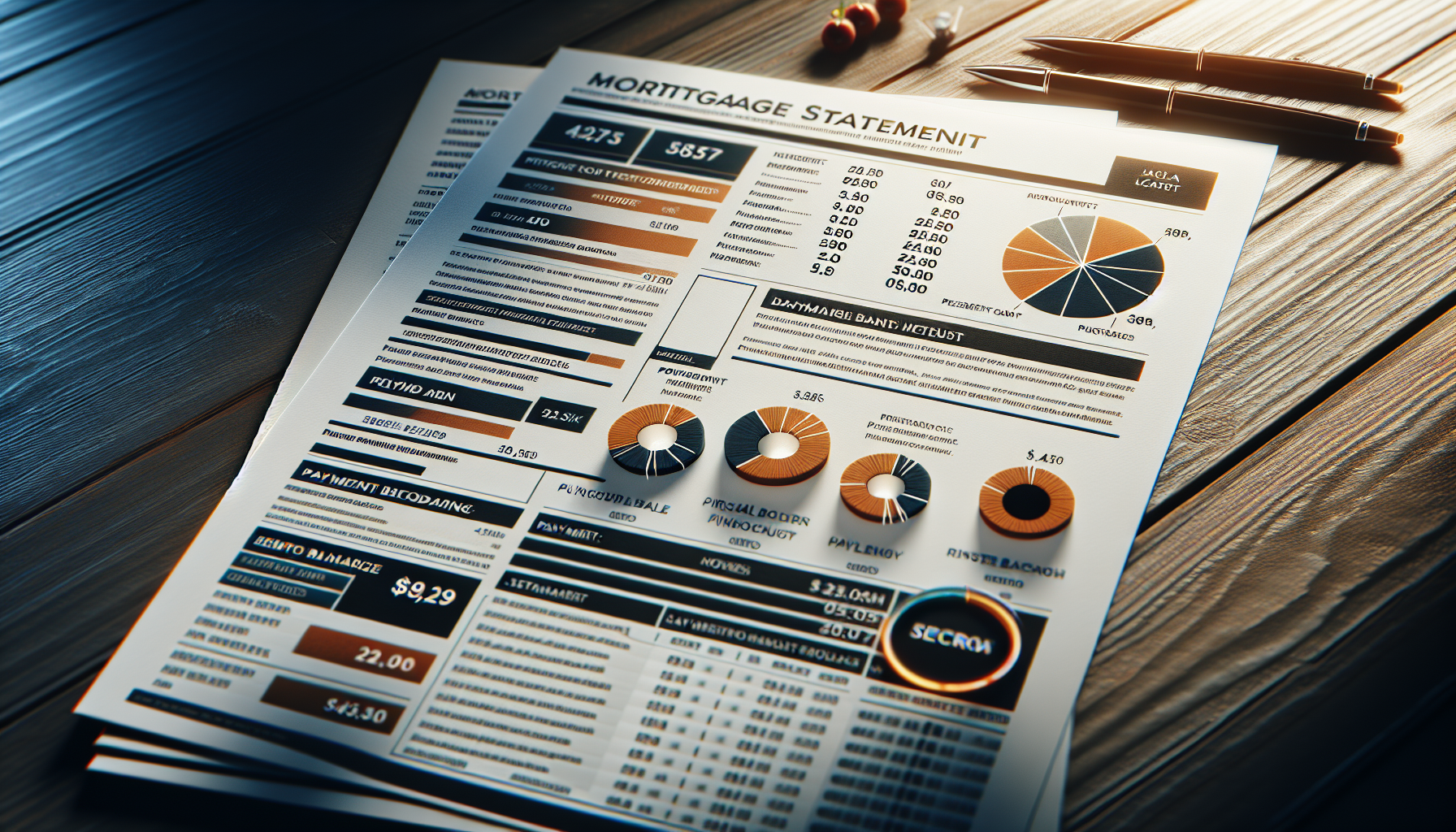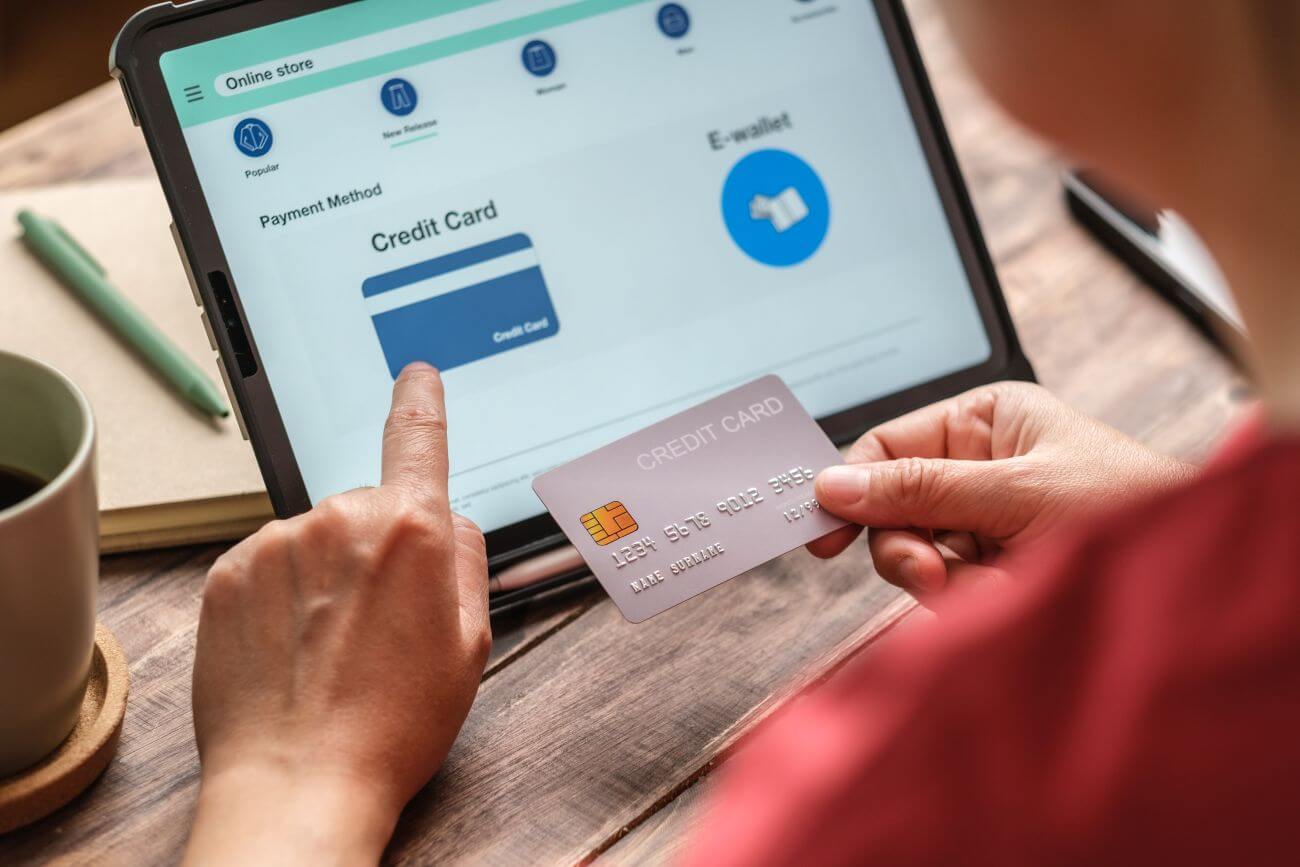Purchasing a home is an exciting milestone, but it also comes with new responsibilities, including making your monthly mortgage payments on time. As a first-time homebuyer, it’s essential to understand when your first mortgage payment is due and what factors can influence this date. Being prepared for your first payment can help you avoid any surprises and ensure a smooth transition into homeownership.
Understanding Your First Mortgage Payment Due Date
Your first mortgage payment due date is determined by your closing date, which is the day you officially become the owner of your new home. Typically, your first payment will be due on the first day of the second month following your closing date. For example, if you close on your home on March 15th, your first mortgage payment would be due on May 1st.
It’s important to note that this due date may vary depending on your lender’s policies and the specific terms of your mortgage agreement. Some lenders may require your first payment to be made within 30 days of closing, while others may allow up to 60 days before your first payment is due.
Factors That Affect Your First Mortgage Payment Due Date
Several factors can influence when your first mortgage payment is due, including:
- Closing date: The date you close on your home is the most significant factor in determining your first payment due date. Closing earlier in the month generally means you’ll have more time before your first payment is due, while closing later in the month may result in a shorter time frame.
- Prepaid interest: At closing, you’ll typically be required to pay interest on your mortgage from the closing date through the end of the current month. This prepaid interest can affect the timing of your first payment.
- Amortization schedule: Your amortization schedule, which outlines your monthly payments over the life of your loan, will also play a role in determining your first payment due date.
Calculating Your First Mortgage Payment Due Date
To calculate your first mortgage payment due date, start with your closing date and add one full month. For instance, if you close on your home on April 20th, your first payment would be due on June 1st. This is because mortgage payments are typically paid in arrears, meaning you’re paying for the previous month’s interest and principal.
Your lender will provide you with a first payment letter at closing, which will clearly state your first payment due date and the amount due. Be sure to review this document carefully and contact your lender if you have any questions or concerns.
What Is Included in Your Mortgage Payment?
Your monthly mortgage payment consists of several components, often referred to as PITI: principal, interest, taxes, and insurance. Understanding each of these elements can help you better plan for your monthly expenses and ensure you’re budgeting accurately.
Breaking Down the PITI Acronym
| Component | Description |
|---|---|
| Principal | The portion of your payment that goes towards paying down your loan balance |
| Interest | The cost of borrowing money, based on your loan’s interest rate |
| Taxes | Property taxes assessed by your local government |
| Insurance | Homeowners insurance and, if required, private mortgage insurance (PMI) |
Your principal and interest payments will remain constant throughout the life of your loan, assuming you have a fixed-rate mortgage. However, your property taxes and insurance premiums may fluctuate over time, causing your total monthly payment to change.
Escrow Accounts for Taxes and Insurance
Many lenders require borrowers to establish an escrow account to manage property taxes and insurance payments. With an escrow account, you’ll make monthly contributions alongside your mortgage payment, and your lender will use these funds to pay your tax and insurance bills when they come due.
Having an escrow account can help simplify the payment process and ensure that these important expenses are paid on time. However, it’s crucial to review your escrow account annually to ensure that you’re not paying too much or too little based on changes in your property taxes or insurance premiums.
Making Your Mortgage Payments on Time
Consistently making your mortgage payments on time is essential for maintaining a good credit score and avoiding late fees or other penalties. To ensure timely payments, it’s important to understand your payment options and any grace periods or late payment consequences outlined in your mortgage agreement.
Payment Methods for Your Mortgage
Most lenders offer several convenient payment methods, including:
- Online payment: Many lenders provide online portals where you can securely make payments and manage your account.
- Mail payment: You can send a check or money order to your lender’s designated payment address.
- Phone payment: Some lenders allow you to make payments over the phone using a checking account or debit card.
- Auto-pay: Setting up automatic payments from your bank account can help ensure your payments are always made on time.
Choose the payment method that best fits your needs and financial situation, and be sure to allow sufficient time for processing if you’re mailing your payment.
Grace Periods and Late Payment Consequences
Most mortgage lenders offer a grace period, typically around 15 days, during which you can make your payment without incurring a late fee. However, it’s important to note that payments made after the due date, even within the grace period, may still be reported as late to credit bureaus.
If you miss a payment or pay beyond the grace period, you may face consequences such as:
- Late fees: Your lender may charge a late payment fee, which can add up quickly if you continue to miss payments.
- Credit score impact: Late payments can negatively affect your credit score, making it harder to secure future loans or favorable interest rates.
If you’re having trouble making your mortgage payments, contact your lender as soon as possible to discuss potential solutions, such as a loan modification or payment plan.
Strategies for Managing Your Mortgage Payments
Effectively managing your mortgage payments can help you save money, pay off your loan faster, and improve your overall financial well-being. Consider implementing these strategies to make the most of your mortgage:
Advantages of Biweekly Mortgage Payments
Instead of making one monthly payment, some homeowners choose to make biweekly payments, which means paying half of your monthly mortgage payment every two weeks. This strategy has several benefits:
- You’ll make 26 half-payments per year, equivalent to 13 full monthly payments, resulting in an extra payment annually.
- The extra payment is applied directly to your principal, helping you pay off your mortgage faster.
- You’ll pay less interest over the life of your loan, as your principal balance decreases more quickly.
Before starting a biweekly payment plan, ensure your lender allows this option and verify any associated fees.
Making Extra Payments Towards Your Principal
Making additional payments towards your principal balance can help you pay off your mortgage sooner and save on interest costs. When making extra payments, be sure to specify that the funds should be applied to your principal balance rather than prepaying future monthly payments.
You can make extra principal payments on your own schedule, such as annually after receiving a tax refund or whenever you have extra funds available. Even small additional payments can make a significant impact over the life of your loan.
Dealing with Difficulty Making Mortgage Payments
If you find yourself struggling to make your mortgage payments, it’s crucial to take action quickly to avoid falling behind and damaging your credit. Here are some steps you can take:
Seeking Assistance from Your Lender
Contact your lender as soon as you anticipate difficulty making your payments. Many lenders offer assistance programs for borrowers experiencing financial hardships, such as:
- Loan modification: Your lender may agree to modify your loan terms, such as extending the repayment period or reducing the interest rate, to make your payments more manageable.
- Repayment plan: If you’ve missed payments, your lender may offer a structured repayment plan to help you catch up over time.
- Temporary reduction of payments: In some cases, lenders may allow you to temporarily reduce or suspend your payments until your financial situation improves.
Be proactive in communicating with your lender and provide any requested documentation to demonstrate your financial hardship.
Resources for Struggling Homeowners
In addition to working with your lender, there are several external resources available for homeowners facing financial difficulties:
- The U.S. Department of Housing and Urban Development (HUD) offers housing counseling and assistance programs for struggling homeowners.
- The Consumer Financial Protection Bureau (CFPB) provides educational materials and resources to help homeowners understand their options and rights.
- Local non-profit organizations and housing agencies may offer financial counseling, legal assistance, and other support services for homeowners in need.
Remember, the sooner you seek help, the more options you may have available to resolve your financial challenges and protect your home.
See also:








Leave a Reply